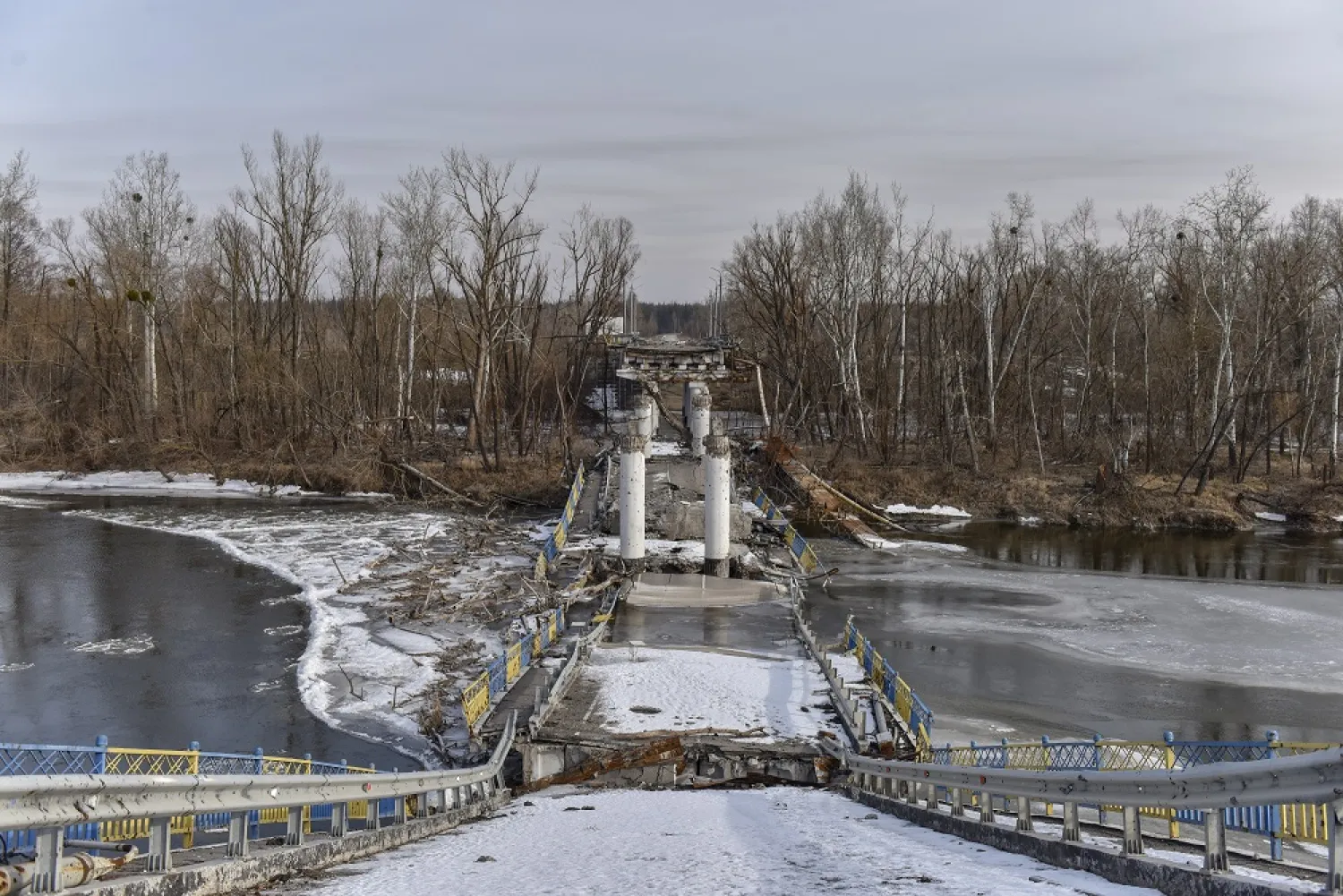European Union officials on Friday pledged continued support to millions of Ukrainian refugees, as they marked the anniversary of the Russian invasion.
“Ukraine can win this war, but we will be with Ukraine as long as it takes,” EU Home Affairs Commissioner Ylva Johansson told The Associated Press on the sidelines of a conference on migration near Athens.
Johansson urged members to conclude long-running negotiations to adopt new EU-wide migration rules and to assist Ukrainians who wished to return home but maintain their temporary residence status in the EU.
More than 8 million people have fled Ukraine since the start of the war, according to the United Nations refugee agency, and nearly 5 million have registered for EU temporary protection or similar national protection schemes in Europe.
Bartosz Grodecki, the Polish deputy interior minister, whose country has taken in the most refugees traveling westward since the start of the war, said his government was prepared to receive more people who could be displaced by a widely anticipated spring offensive by Russian forces in Ukraine.
“We have this contingency planning,” Grodecki told the AP. “I hope that it will not be necessary (but) ... we’ve been trained, planned properly, and we know how to be prepared.”
Margaritis Schinas, the EU Commission vice president, said Russian President Vladimir Putin had failed in an effort to divide EU countries by applying pressure through high energy prices and migration.
“This is a sad anniversary, but it’s also an opportunity to draw some lessons from these horrible 12 months we’re leaving behind,” Schinas told the AP.
“And as far as (refugees from) Ukraine are concerned, the figures are stable,” he said.
Schinas added that he didn’t think it was “automatic” that refugee numbers would increase in the coming months.
“If it happens, we are ready, but it doesn’t seem to be the case for the time being.”
The migration conference Friday was organized by Greece, Austria, Poland and Lithuania to discuss issues that include border management problems, including border wall construction.
Officials attending the conference observed a minute of silence for the victims of the war in Ukraine.









